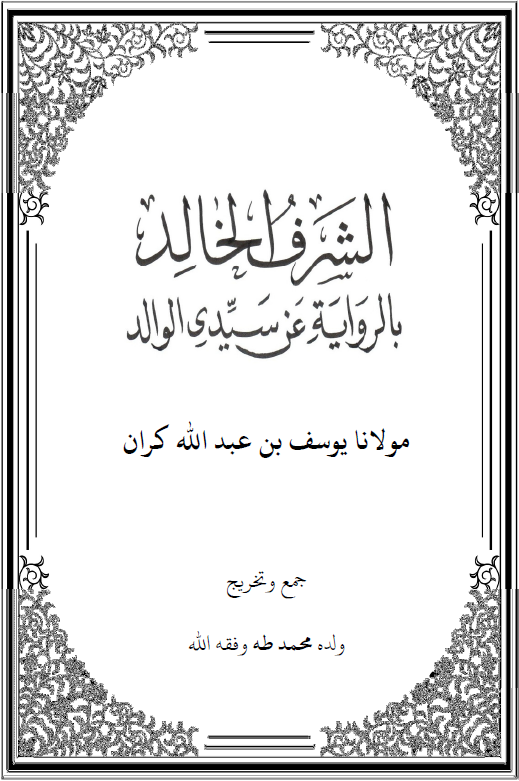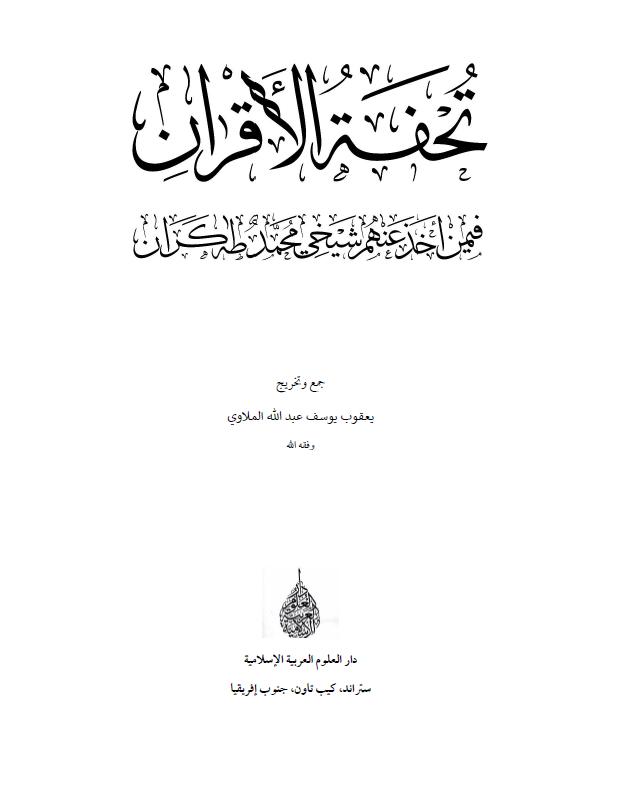Hadīth
Tuḥfat al-Aqrān
The Pretensions of Postmodernism and the Hadīth of Ummu Waraqah
The appropriation of the hadith of Umm Waraqah as proof for the permissibility and validity of a woman’s leading salah in Amina Wadud’s recent episode in New York throws up some interesting considerations. Responses have varied. There has been the tendency to question the authenticity of the hadith; another approach looks at the applicability of the hadith to the case in question; while a third approach surveys the views and opinions of the scholars of Islam. While none of these approaches lacks individual merit, it should not be lost to the observer that there is another side to the issue; a side that none of us can afford to lose sight of in the present global climate. The present paper seeks to touch upon each of these various approaches, whilst not omitting to set the issue within the framework of contemporary affairs.
The Implications of Inconsistency in the Hadith of the Shīʿah
The Ahlus Sunnah and Shia both share in taking the Qur’an as a source of religious legislation (tashri’), and despite the opinion of the Qur’an being tampered with being common among the Shia, they are nonetheless ordered to rely upon the Qur’an currently in our midst, until the Hidden Imam appears.


